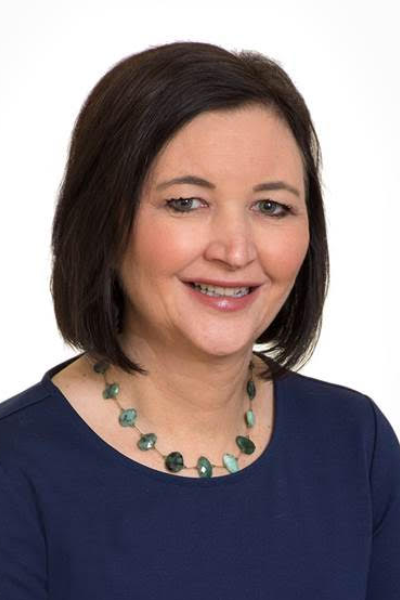
Denise Sloan Recorded Webinar: Written Exposure Therapy for PTSD: A brief treatment approach
-
Register
- Non-member - $35
- Member - $25
- Student - $15

Original Air Date: December 12, 2019
Abstract:
Posttraumatic stress disorder (PTSD) is a prevalent and debilitating disorder. Although effective treatments for PTSD have been identified, there are barriers to both delivering and receiving these treatments. From the patient perspective, the treatments are time consuming (e.g., number of sessions and between session assignments), which accounts for high dropout rates (i.e., 36%). From the provider perspective, the treatments involve substantial training to be able to effectively deliver the intervention and the time required to prepare for treatment sessions serves as an additional barrier (Finley et al., 2015). Written Exposure Therapy (WET) represents an alternative, evidence-based PTSD treatment approach that is efficient and associated with low treatment dropout rates (e.g., less than 10%). Moreover, WET has been found to be non-inferior relative to the more time intensive Cognitive Processing Therapy (CPT), with significantly lower dropout rates relative to CPT. This webinar describes the development of WET, efficacy findings support its use, and provides recommendations for the types of patients for whom WET might be most appropriate.
Learning Objectives:
At the conclusion of this webinar, participants will be able to:
- Explain barriers to implementing first-line PTSD treatment approaches.
- Identify critical elements of written exposure therapy.
- Describe the efficacy data for written exposure therapy.
- Describe situations when it is appropriate to use written exposure therapy.
About the Presenter:
Denise M. Sloan earned her Ph.D. in clinical psychology from Case Western Reserve University. She is the Associate Director of the Behavioral Science Division, National Center for PTSD and a Professor of Psychiatry at Boston University School of Medicine. She is an expert on psychosocial interventions for traumatic stress disorders and has a specific interest in efficient treatments for PTSD. Dr. Sloan conducted a long line of studies that led to the development of Written Exposure Therapy. Since developing the treatment, she has conducted several studies examining its efficacy. This work has been funded by the National Institute of Mental Health. Dr. Sloan has published over 100 journal articles and has co-edited two books. She serves as Editor-in-Chief of Behavior Therapy and is a consulting editor for six scientific journals.
Recommended Readings
Sloan, D. M., Marx, B. P., Bovin, M. J., Feinstein, B. A., & Gallagher, M. W. (2012). Written exposure as an intervention for PTSD: A randomized controlled trial with motor vehicle accident survivors. Behaviour Research and Therapy, 50, 627-635.
Sloan, D. M. & Marx, B. P. (2019). Written Exposure Therapy for PTSD: A Brief Treatment Approach for Mental Health Professionals. Washington, DC: American Psychological Press.
Sloan, D. M., Marx, B. P., Lee, D. J., & Resick, P. A. (2018). A brief exposure based treatment for PTSD versus Cognitive Processing Therapy: A randomized non-inferiority clinical trial. JAMA Psychiatry, 75, 233-239. doi:10.1001/jamapsychiatry.2017.4249
About the Moderator: Jessica M. Lipschitz, Ph.D., is the Associate Director of the Digital Behavioral Health & Informatics Research Program at Brigham and Women’s Hospital and is affiliated with Harvard Medical School. Her research focuses on implementation and testing of digital behavioral health tools and she has specific clinical expertise in anxiety, depression, PTSD and couples therapy.
All attendees will receive a certificate of completion when the course requirements are satisfied. Certificates of completion is included in the cost of the webinar
ABCT is approved by the American Psychological Association to sponsor continuing education for psychologists. ABCT maintains responsibility for this program and its content
The Association for Behavioral and Cognitive Therapies has been approved by NBCC as an Approved Continuing Education Provider, ACEP No. 5797. Programs that do not qualify for NBCC credit are clearly identified. The Association for Behavioral and Cognitive Therapies is solely responsible for all aspects of the programs
The Association for Behavioral and Cognitive Therapies is recognized by the California Board of Behavioral Sciences for Marriage and Family Therapist (MFT) to offer continuing education as Provider #4600

